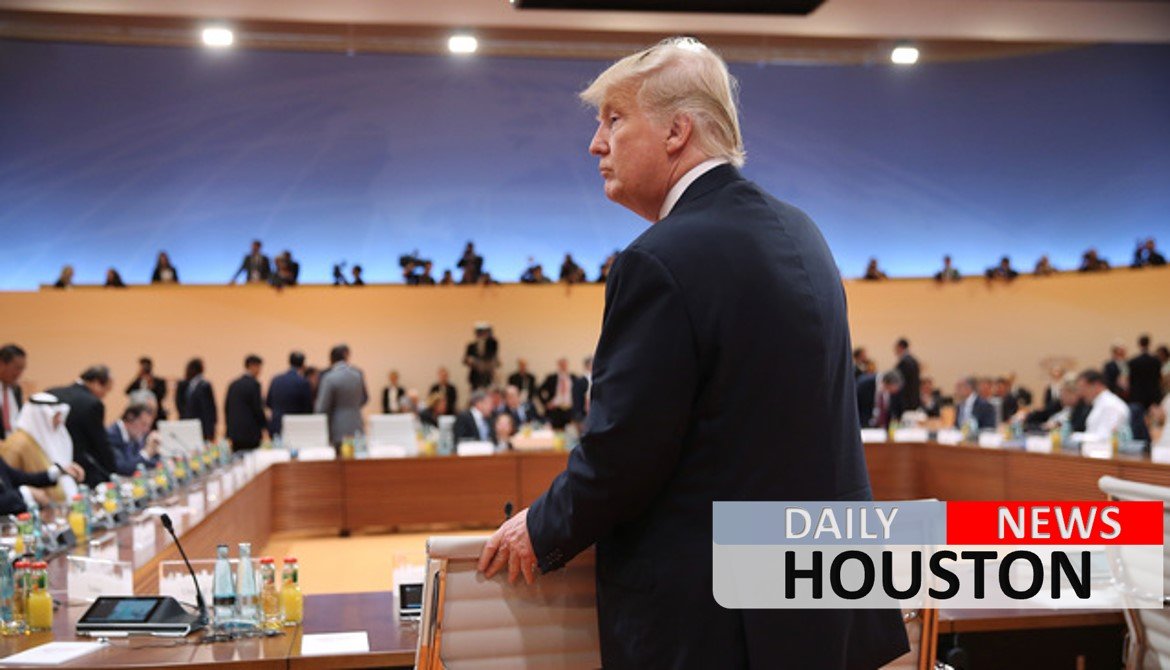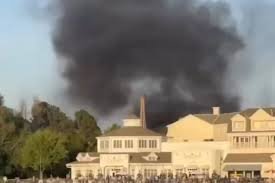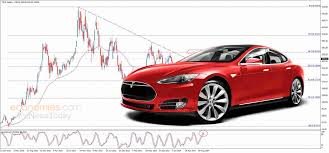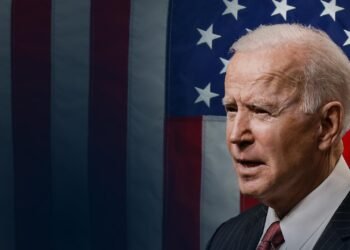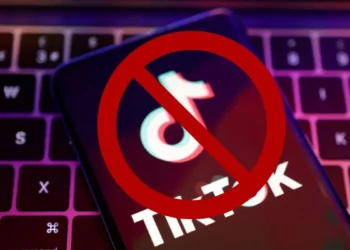It wasn’t quite the G19 summit, but President Donald Trump’s approach to foreign affairs is severely straining global cohesion on key issues like climate change and free trade, exchanging an aggressive, traditional American leadership role for isolation in a club of one.
Don’t expect him to apologize, though.
The lonely US role at the G20 summit, a forum of the world’s most powerful economies that Washington once dominated, is exactly consistent with what Trump sees as his mandate for a nationalistic, “America first” foreign policy.
As Trump boarded Air Force One in Germany for the long flight across the Atlantic, some G20 leaders were left to reflect that their fears that he would be a disruptive force on the world stage have unarguably come true.
By now, most US allies had expected to be settling into the Hillary Clinton era, forging progress based on a shared vision of Western civilization, pursuing familiar multilateral approaches to saving the planet and to globalization.
Instead, they are learning to live with a sometimes capricious American President keen to redefine the West in his own nationalist image, who goes against the consensus of centrist, multilateral international politics, and who is not afraid to pull at the divisions existing within the European Union.
The United States’ step back has left other nations, especially Germany under veteran Chancellor Angela Merkel, to take up the banner of traditional Western leadership — a stunning scenario given Washington’s decades-long role as the most prominent player in global diplomacy.
No press conference
At the end of Saturday’s meeting in Hamburg, Trump declined to give a traditional end-of-summit press conference, leaving it to leaders like Merkel, Russian President Vladimir Putin and French President Emmanuel Macron to give their take on developments with no push-back from the US side.
But it didn’t need a rare presidential press conference to make clear that the President’s second trip abroad showed just how much he has reshaped America’s role in the world since taking office six months ago.
The President appeared increasingly at ease on the international stage, mixing with foreign leaders, holding a flurry of bilateral meetings and sitting through long summit sessions — even if his daughter Ivanka caused a stir by briefly sitting in him for him in one meeting Saturday.
Some of the other countries at the summit rebuked the US for Trump’s decision to pull out of the Paris climate accord. Trump did, however, win a concession in the final summit communique on the need to promote what he calls “fair” trade. That final agreement pledged to fight protectionism, but did “recognize the role of legitimate trade defense instruments.”
The broad language appeared to be an attempt to keep Washington in the big G20 tent in terms of trade policy, even though leaders recognize there are broad differences of approach. The President won the White House partly by arguing that large multilateral trade deals had shattered the American economy, and he also has cast doubt on the existence of global warming and said the Paris accord would kill US jobs.
Merkel used the word “deplore” to describe her reaction to the US withdrawal from the Paris pact that Trump’s predecessor Barack Obama played a prominent role in negotiating. The German leader pointedly noted that the other 19 of the group’s 20 nation’s agreed the climate change agreement was “irreversible.”
Russia rises again
The most significant moment of Trump’s trip was his more than two-hour meeting with Putin, in which he raised the issue of alleged Russian election meddling. But there were conflicting accounts from each side over whether the President had accepted Putin’s insistence that he had done nothing wrong.
“He asked a lot of questions on this matter, I answered as many as I could answer,” Putin told reporters Saturday. “I think he took it into consideration and agreed with it. But you should ask him what his opinion is on that.”
A senior Trump administration official told the media on Friday, however, that Trump did not accept Putin’s claim of noninterference.
The meeting will be interpreted by many of Trump’s critics as a sign that Russia will pay no real price for an alleged attempt to help defeat Democratic presidential candidate Hillary Clinton.
But in geopolitical terms, it was also significant. Trump effectively welcomed Putin back to the international stage as an equal, validating the Russian leader’s core goal of reestablishing Russia’s lost influence. Just last month, the US and European Union respectively tightened and extended sanctions on Russia over its alleged incursion in Ukraine. European leaders hope the meeting between Trump and Putin does not mean a weakening of the US position on the Ukraine question, more than three years after Russia’s takeover of Crimea.
Secretary of State Rex Tillerson explained that the relationship between the world’s two top nuclear powers was too important to let the estrangement between Moscow and Washington linger any longer.
“How do we start making this work? How do we live with one another? How do we work with one another?” he said.
Trump did go some way to living up to his claims to being a master deal-maker — presiding, along with Russia and Jordan, over a renewal of a ceasefire deal in southwestern Syria. The deal could lead to more US-Russia cooperation in the looming post-ISIS future in the shattered nation, but critics will see it as Washington acquiescing in Russia’s geopolitical influence in the region.


